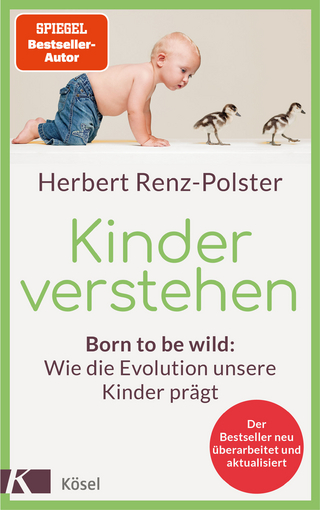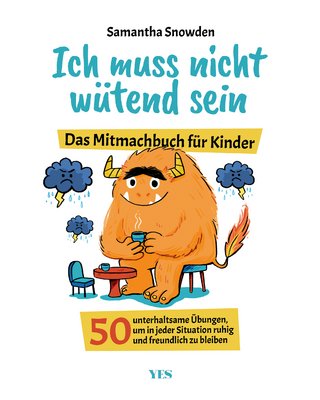
The Pre-K Home Companion
Rowman & Littlefield (Verlag)
978-1-4758-2157-4 (ISBN)
This companion offers background on why early childhood education is important in your child’s life. It provides an overview of current research about how young children learn. It suggests questions you may ask potential service providers about a program’s policies and practices. It empowers you to make the critically important decision about the best learning environment for your child.
A companion makes a journey more enriching, while providing support and perspective. We hope that this book will be helpful to parents and families as they make vital decisions about the welfare of their children, and their community.
Sherelyn R. Kaufman, J.D., M.A.T., is a Professor on the Adjunct Faculty at the Erikson Institute Graduate School of Child Development. She has practiced education law in private law firms and the United States Department of Education, Office for Civil Rights, has taught students in virtually every grade level, has served as the director of an early childhood education program, and has provided expert consulting to many early childhood programs. Michael J. Kaufman, J.D., M.A., is Associate Dean for Academic Affairs, Professor of Law, and Director of the Education Law and Policy Institute at Loyola University Chicago School of Law. Dean Kaufman has written countless books and countless articles regarding education law and policy and has served for many years on the Board of Education of a large, diverse public school district in the Chicago area. Elizabeth C. Nelson, J. D. M.A.T., is a Professor on the Adjunct Faculty at Loyola University Chicago School of Law, specializing in education law and policy, as well as professional skills development. She has practiced law in the Office of the Attorney General for the State of Illinois and taught third grade in the city of Chicago.
Preface
Acknowledgments
Introduction: How Can This Book be a Helpful Companion?
Section I: How Do I Choose the Best Early Childhood Education Program for My Family?
Chapter 1: Why is Early Childhood Education Important?
Chapter 2: Which Options are Affordable for My Family?
Chapter 3: How Do I Choose Among Various Pedagogical Approaches To Early Childhood Education?
Chapter 4. Why Should I Strongly Consider Choosing a Program that Follows the Social Constructivist Approach to Early Childhood Education?
Chapter 5: What is the Best Approach to Discipline in an Early Childhood Education Program?
Chapter 6: What is the Best Approach to Technology in an Early Childhood Education Program?
Chapter 7: Will My Child Benefit from Special Education?
Chapter 8: Should I Consider the Advantages of a Dual Language Program?
Chapter 9: Should I Consider the Advantages of a Program that Embraces Diversity?
Chapter 10: How Can I Make Sense of Formal Measures of Quality and Ratings by Accrediting Bodies?
Chapter 11: What Other Practical Factors Should I Consider In Choosing The Best Early Childhood Education Program For My Child?
Chapter 12: How Will I Recognize the Program That’s Best For My Child?
Section II. How do I Support My Child by Strengthening Relationships Between School and Home?
Chapter 13: How Can I Partner With Teachers And Administrators to Support My Child’s Learning?
Chapter 14: What Is The Best Way To Know If My Child Is Learning?
Chapter 15: How Can I Extend My Child’s Learning At Home?
Chapter 16: How Can I Help To Extend My Child’s Learning In Later Schooling?
Section III. How Do I Support All Our Children by Building Relationships with Other Families and the Community?
Chapter 17: How Can I Help My Child Develop As a Citizen, with the Power to Improve the World?
Chapter 18: What Is The Most Effective Way For Me To Make Sure That Other Children Have Access To Early Childhood Education?
Conclusion
Early Childhood Education Program Rubric
References
About the Authors
| Erscheinungsdatum | 11.08.2016 |
|---|---|
| Verlagsort | Lanham, MD |
| Sprache | englisch |
| Maße | 161 x 234 mm |
| Gewicht | 440 g |
| Themenwelt | Sachbuch/Ratgeber ► Gesundheit / Leben / Psychologie ► Familie / Erziehung |
| Sozialwissenschaften ► Pädagogik ► Vorschulpädagogik | |
| ISBN-10 | 1-4758-2157-3 / 1475821573 |
| ISBN-13 | 978-1-4758-2157-4 / 9781475821574 |
| Zustand | Neuware |
| Haben Sie eine Frage zum Produkt? |
aus dem Bereich


